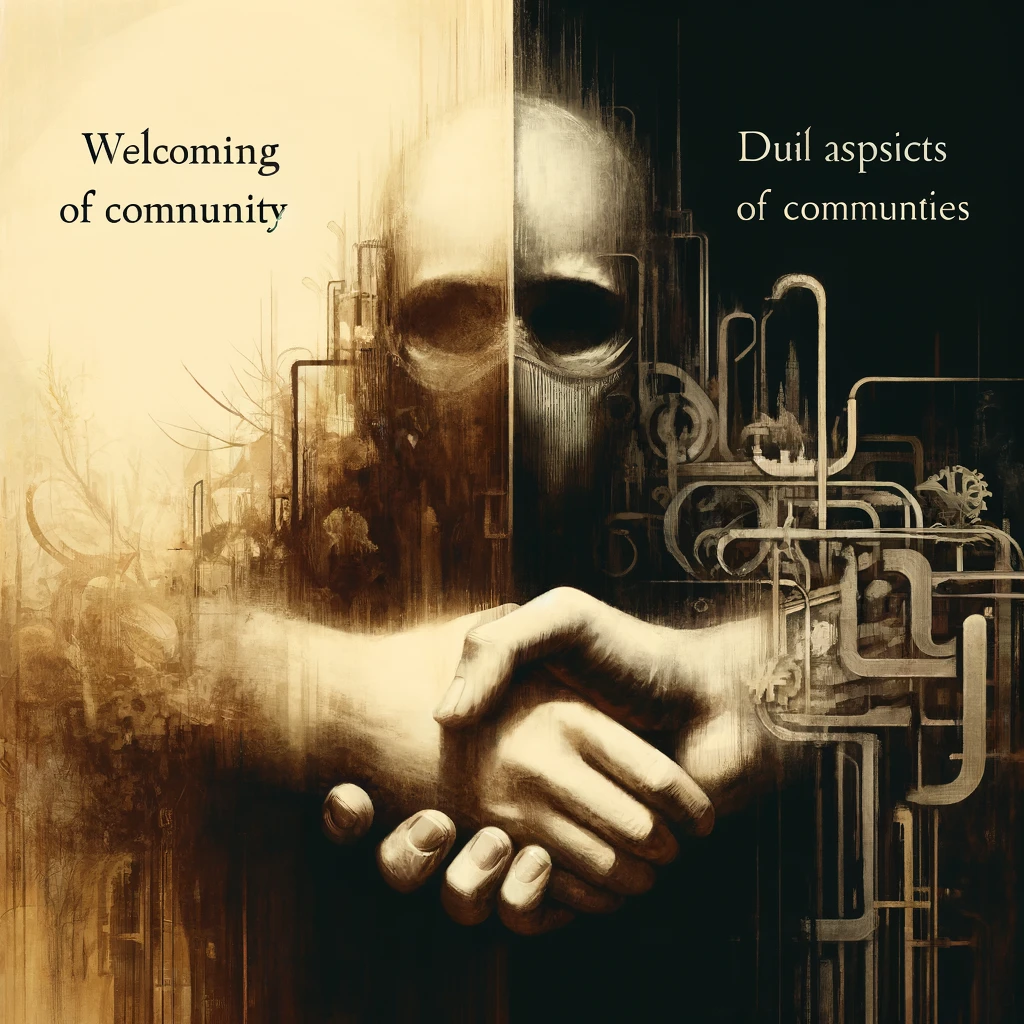Your cart is currently empty!
Splitting is a psychological phenomenon where individuals view the world in absolutist terms and categorize people or situations as all good or bad based on their emotions rather than facts. This can result in extreme reactions, such as overly positive or negative extremes, causing difficulties in relationships and decision-making. Furthermore, this lack of emotional regulation may lead to impaired judgment and strained relationships that can harm physical and mental health. Developing healthy coping mechanisms and learning how to regulate emotions to manage difficult situations more effectively and build healthier relationships are essential.
One of the most common forms of splitting is self-splitting, where people see themselves as either completely good or bad. This self-splitting can lead to a lack of self-awareness and an inability to see one’s flaws and mistakes, hindering personal growth and development.
To avoid self-splitting and become more self-aware, here are some tips:
- Practice mindfulness: Mindfulness involves being present at the moment and observing one’s thoughts and feelings without judgment. By practicing mindfulness, you can become more aware of your thinking and behavior patterns.
- Engage in self-reflection: Reflect on your experiences, thoughts, and emotions. Consider what you’ve learned from your past experiences and how to use this knowledge to grow and improve.
- Seek feedback: Ask trusted friends, family members, or colleagues for honest feedback on your behavior and actions. Listen to their feedback and use it to gain a more realistic view of yourself.
- Challenge your assumptions: Recognize your perceptions and judgments are inaccurate. Take the time to examine your assumptions and challenge them to gain a more nuanced perspective.
- Practice self-compassion: Treat yourself with the kindness and understanding you would offer a good friend. Accept that you are imperfect and be gentle with yourself when you make mistakes.
Mindfulness is a state of active, open attention to the present. When you’re mindful, you observe your thoughts and feelings from a distance without judging them as good or bad. Instead of letting your life pass you by, mindfulness means living in the present moment and experiencing it fully. Mindfulness has many benefits, including reducing stress, improving mood, and increasing focus and concentration. If you’re interested in trying mindfulness, there are many ways to get started. You can try a mindfulness meditation class, download a mindfulness app, or start practicing independently.
Taking time for self-reflection can yield many benefits. Not only will it help you process your emotions, but it can also enable you to gain wisdom and perspective from past experiences. This allows you to apply these insights to make better decisions in the future and achieve tremendous success. Reflection doesn’t need to occur in a particular place or way; it is most useful when done regularly, intentionally, and purposefully. Consider setting aside time each day or week to reflect on your thoughts and feelings – whether journaling about them, engaging in meaningful conversations with others, or simply sitting silently in contemplation. By practicing self-reflection consistently, you’ll actively invest in your personal growth and development.
The world is complex and ever-changing; humans rely on assumptions to make sense of it. Although these assumptions can be helpful, they can also be misleading. When we’re unaware of our assumptions and take our perceptions and judgments at face value, we end up with an incomplete picture. It pays off to take a closer look at our assumptions and recognize that our perspectives may not always be right — this provides us with greater insight into the realities of the world around us.
Getting feedback from others can be invaluable for gaining perspective and improving self-awareness. It’s essential to approach this process openly and get trusted feedback from family, friends, or colleagues. Listen to their suggestions to identify any blind spots or areas that need improvement. By actively considering their comments and using them as catalysts for growth, you can make tangible changes in yourself. Furthermore, don’t forget to thank those who take the time to provide feedback. It’s a great act of kindness that is also valuable in giving insight into yourself – so consider providing it as well!
No one is perfect, and mistakes are part of life. Rather than negative self-talk, treat yourself with empathy and understanding as you would a friend. Acknowledge that making mistakes is inevitable, but be compassionate with yourself. This will allow you to process your errors constructively and develop productively.
In conclusion, splitting can be a limiting and problematic way of viewing oneself and the world. By practicing mindfulness, self-reflection, seeking feedback, challenging assumptions, and practicing self-compassion, individuals can become more self-aware and develop a more nuanced and balanced view of themselves and their surroundings.






Leave a Reply